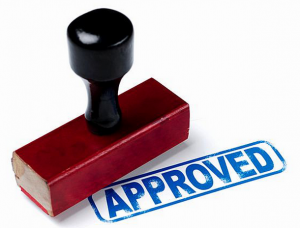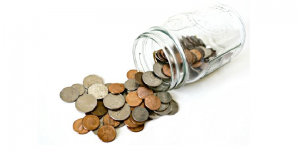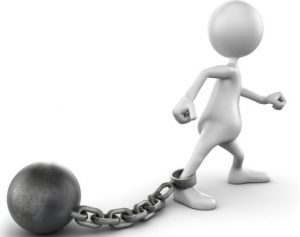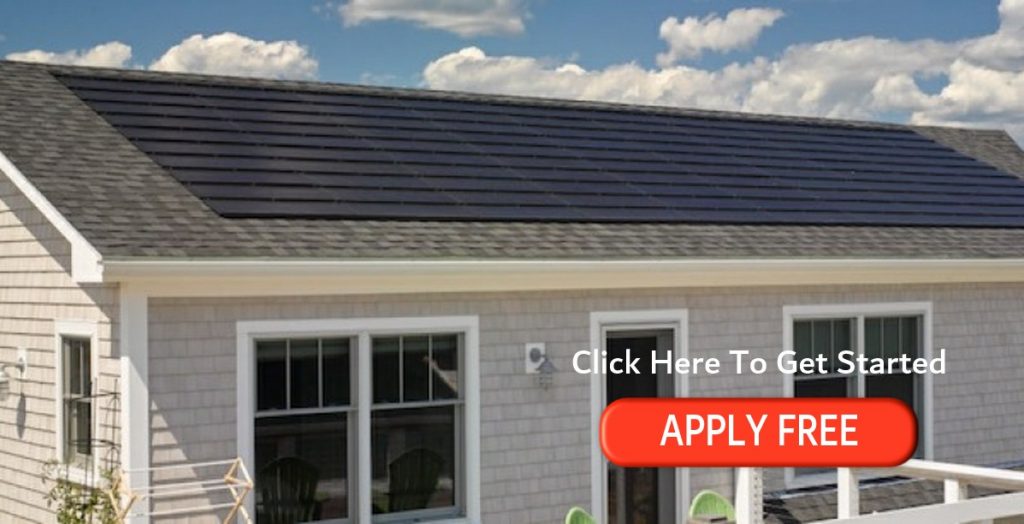It’s the Holy Grail of home owners who have invested in solar panels – the ability to store power to be used once the sun is not shining.
A growing number of households, thought to range within the few thousands, are using high-tech batteries that store up solar power to use at nighttime.
Currently, solar panels produce “free” electricity as it is being generated, however if home owners want power at midnight, the energy is drawn from the National Grid and purchased from their energy provider as usual.
Used in conjunction with efficient solar panels the new devices may cut bills by 60%, manufacturers claim.
But specialists are more sceptical. Some have dismissed the gadgets as “overpriced and oversold”, because savings are off out by the £2,600 outlay of buying and installing one of the batteries, as well as frequently replacing internal batteries.
How does it work?
The batteries, are the size of a dishwasher and designed to go within the kitchen, just like the one pictured below, and silently charge up throughout sunny spells, watching whether or not electricity is flowing in or out of the house. The box itself contains a group of rechargeable batteries.
As soon as solar panels stop delivering in power, they flip to “discharging mode” and start to power appliances within the home.
When was the most effective time to buy star panels?
5 years ago – or right away
This means the “base level” of consumption in a very home – the continuing use of a electronic equipment, as an example, or a set-top box – is usually powered from solar power instead of from the grid.
In theory, the device cancels out the value of running little gadgets and appliances – that push up energy bills perpetually sapping power.
The hungriest device is a wireless router, cost accounting £21.92 a year whereas on standby, according to energy firm Ecotricity. alternative expensive devices include a desktop computer left on standby (£3.65), keeping a mobile charger plugged in (£2.44) additionally as an electrical toothbrush charger (£1.22) and a child’s night light (73p).
The Powervault fits alongside your kitchen appliances and switches to “discharge” mode if you need further energy.
Even throughout the day, if you would like a burst of energy to power an oven or kettle, as an example, the device flips to “discharge” mode.
Surplus energy would preferably be exported back to the grid.
How much are you able to save?
A household can save 50% on energy bills by using solar panels however may save 60% if they conjointly use an electric battery system, in line with Powervault’s calculations.
But the price of the battery might quickly eliminate these savings.
The units themselves usually last fifteen years and also the internal battery has got to get replaced each 5 years, at a price of £500. as well as the capital outlay, meaning your annual value over fifteen years is £233.
But having a shower or golf stroke the kettle on might quickly drain the batteries, consultants warn, which means they’ll want exchange a lot of quickly.
Battery costs might fall within the future, as prices have already fallen by 40% within the last year, in keeping with figures from Renewable Economy, an energy-efficiency analysis centre based mostly in Australia.
- £419 off your energy bills: the deals you will not see as compared tables
- ‘Free’ sophisticated thermostat with energy tariff prices ‘£197’
The financial gain home house owners earn from solar panels, referred to as the “feed-in-tariff”, are going to be unaffected by the batteries. Currently, house owners square measure paid cash for each “kilowatt hour” of electricity their star panels turn out.
They earn 4.07p per kWh for all alternative energy generated, and 50% of this gets an extra 4.89p per kWh. this can be as a result of you’re assumed to use 1/2 the electricity you generate and export the opposite 0.5 to the National Grid. The exported electricity gets a 4.89p “bonus” payment.
Installing solar panels in southern European nation, as an example, usually saves £135 a year in energy bills aboard and financial gain of £600 a year in feed-in-tariff and export tariff payments.
Scottish households save slightly less – £110 a year on energy bills & financial gain of £500, in keeping with the Energy Saving Trust. you’ll estimate the financial gain from solar panels in your home with a web calculator.
The solar battery might, in theory, improve on the energy bill saving of £110-£135. It will not increase solar array financial gain or improve electricity generation.
Solar panels presently lay aside to £135 a year in energy bills, on high of ‘feed-in-tariff’ payments
The Findings
People can still place confidence in the grid – the batteries merely do not store enough to power high-consumption appliances, aforesaid Chris Rudge, a alternative energy skilled at YouGen, a web community for home house owners with renewable devices.
Powering an electrical shower, induction hob or bath, as an example, would run the batteries flat in a very minute or 2. He said: “The battery unit is there to stay low power domestic appliances running, like lights and also the tv.”
Costs are falling as huge firms be part of the market, as well as Bosch, the house appliance maker.







